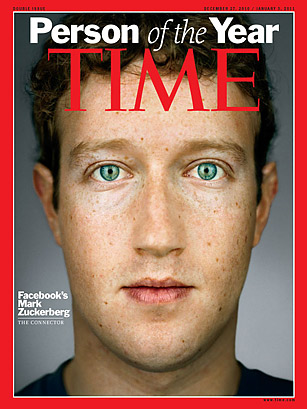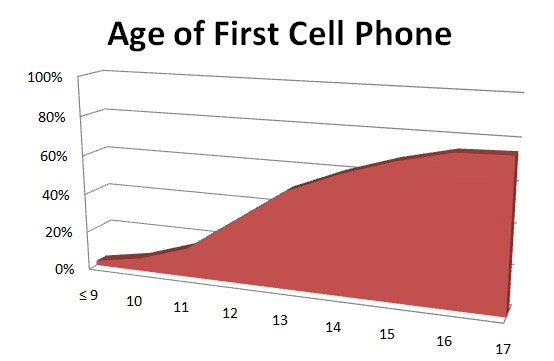 It is long established that digital identity is a highly fluid concept. Since the earliest days of public engagement with the Internet, this has been a feature of the discourse: the realm of the virtual allows one to construct identity from the ground up, to assume a kind of control over self-presentation not possible in the realm of the flesh, to be or to seem to be anyone, anything, anywhere.
It is long established that digital identity is a highly fluid concept. Since the earliest days of public engagement with the Internet, this has been a feature of the discourse: the realm of the virtual allows one to construct identity from the ground up, to assume a kind of control over self-presentation not possible in the realm of the flesh, to be or to seem to be anyone, anything, anywhere.
In practice, of course, this is clearly not the case–or not the whole case. Virtuality affords people a kind of power in the construction of the digital body that they do not have with their actual body. But when one presents the self online, they most often present that self in settings and contexts that other people have constructed. This is one place where problems with the presentation of the digital body tend to arise. When one plays in someone else’s garden, one might be expected to play by their rules. This is generally well and good, but things turn problematic when the “rules” involve the imposition of categories or identities that people may not accept.
This issue recently came to a head regarding deviantART’s “gender” field in its user profile. The trouble in question started when a user who identified as “neutrois” took issue with the fact that the choices in the field were restricted to male and female–there had been an “unspecified” option, but for unclear reasons it had been removed, forcing users to choose between only the two. There followed a number of exchanges with deviantART support personnel. These got rather heated, and it became clear that there was significant confusion on deviantART’s part regarding the difference between sex and gender (which amounts to the difference between genitalia and identity). In the end, though an “other” option was added, most people following the exchanges felt that it was not a satisfactory solution. more...




 Cyborgology editors Nathan Jurgenson and PJ Rey discuss their take on WikiLeaks, net neutrality, and other issue surrounding the free flow of information on the Internet. The
Cyborgology editors Nathan Jurgenson and PJ Rey discuss their take on WikiLeaks, net neutrality, and other issue surrounding the free flow of information on the Internet. The 


